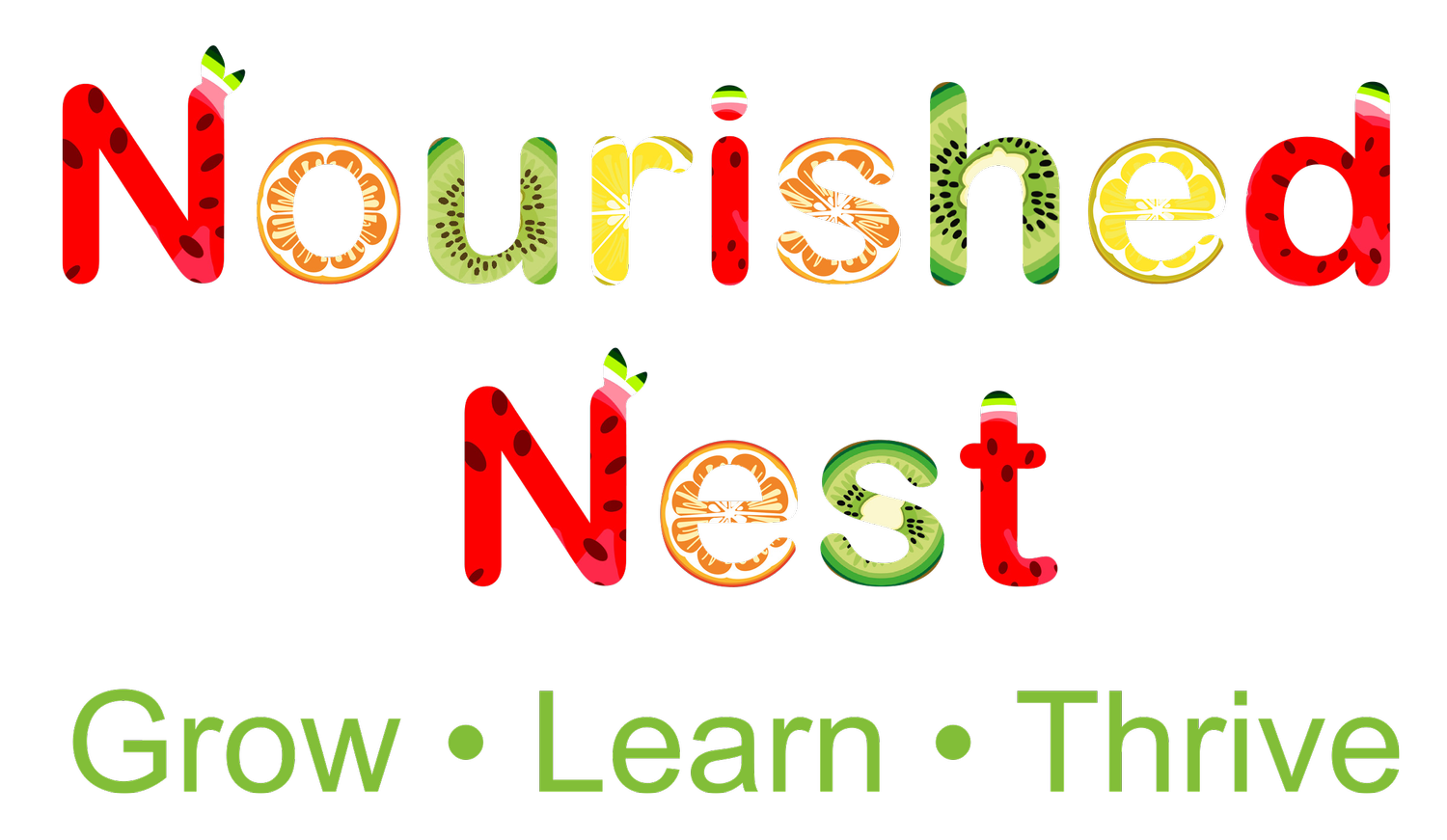
Nourish Neurodiversity
Nourishing the Neurodiverse Mind
At Nourished Nest, I believe that every neurodiverse mind deserves the best possible support to thrive. While conditions like ADHD, autism, dyslexia, and dyspraxia cannot be "cured," the right nutrition can play a transformative role in enhancing well-being, cognition, and daily functioning. Neurodivergent children often have unique nutritional needs, and meeting these requirements can help optimise brain development, focus, behaviour, coordination, and sleep.
Why Nutrition Matters for Neurodiverse Minds
Supporting Brain Development: The brain undergoes rapid growth during childhood and adolescence, requiring key nutrients to build and maintain healthy neural connections.
Enhancing Cognitive Function: Essential vitamins and minerals contribute to neurotransmitter production, which supports focus, concentration, and learning.
Strengthening the Gut-Brain Connection: A balanced gut microbiome has been linked to improved brain function, mood regulation, and overall emotional well-being.
I celebrate the strengths of neurodivergent individuals and believe in unlocking their full potential through inclusive, evidence-based nutritional support. Their unique perspectives bring creativity, innovation, and problem-solving abilities that can lead to remarkable breakthroughs.
Tailored Nutritional Strategies for Neurodiverse Families
Many neurodivergent children have a strong preference for processed or sugary foods, which may exacerbate symptoms such as hyperactivity, anxiety, and sleep disturbances. Rather than focusing on restriction, I prioritise introducing nutrient-dense foods that support brain health while gently reducing problematic foods at a manageable pace.
Neurodivergence often coexists with other health challenges like food intolerances, allergies, hypermobility, chronic fatigue, and digestive issues. By addressing these underlying conditions through tailored nutrition, we can enhance overall health and well-being.
My Approach
Identifying and Addressing Nutrient Gaps: Deficiencies in key vitamins and minerals can contribute to mood swings, inattention, irritability, and poor blood sugar regulation. I help families incorporate brain-supportive foods to address these imbalances.
Practical, Family-Friendly Strategies: Encouraging children to eat a nutrient-rich diet can be challenging. I work closely with parents to develop realistic, sustainable solutions tailored to their child’s needs.
Empowering Families: My goal is to provide parents with the knowledge and confidence to make informed nutrition choices, fostering a supportive environment where their neurodivergent child can thrive.
Every child deserves the opportunity to feel their best and harness their strengths. Let’s work together to create a nourishing plan that supports your child's unique needs. Book a free discovery call today to learn more about how my programs can help your family.
I am featured in the Guardian!
Further Training
Since qualifying in Nutritional Therapy I have focussed my professional development on nutritional support for neurodiverse minds. Where relevant I have attached Certificates.
I attended the following:-
University of Winchester, ARFID: An Introduction to Diagnosis & Management
Julie Mathews, Forum: “Nourishing Hope for Autism and Paediatric Special Needs”,
Food and Behaviour (FAB) Webinar: “Nutrition for ADHD & Neurodiverse Minds”,
Food for the Brain Foundation Webinar: “New Frontiers for Autism”.
Applying my knowledge in clinic and seeing positive results. My approach includes detailed assessments, personalised programs, and addressing specific nutritional needs, is highly valuable for supporting children with neurodiverse minds and their families.






